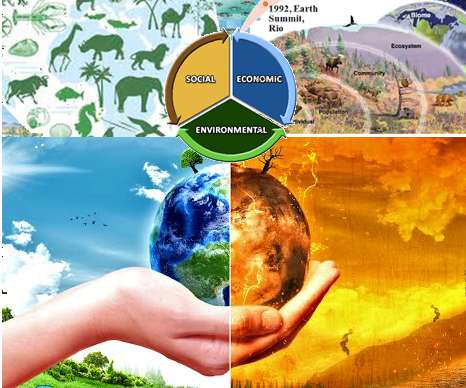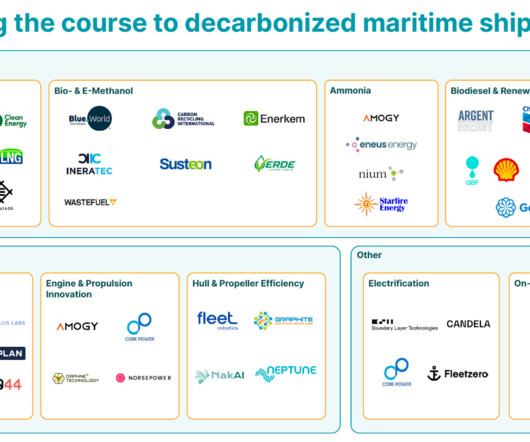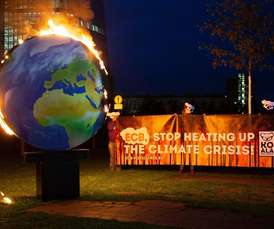Understanding the Anthropocene, Resilience Thinking, and the Future of Industry
Green Business Bureau
JANUARY 18, 2023
As human society has continued to innovate exponentially, largely at the expense of the planet, scientists have hypothesized that we are beginning to enter a new epoch, or period of time in history, defined by human impact on the earth known as the Anthropocene.















Let's personalize your content